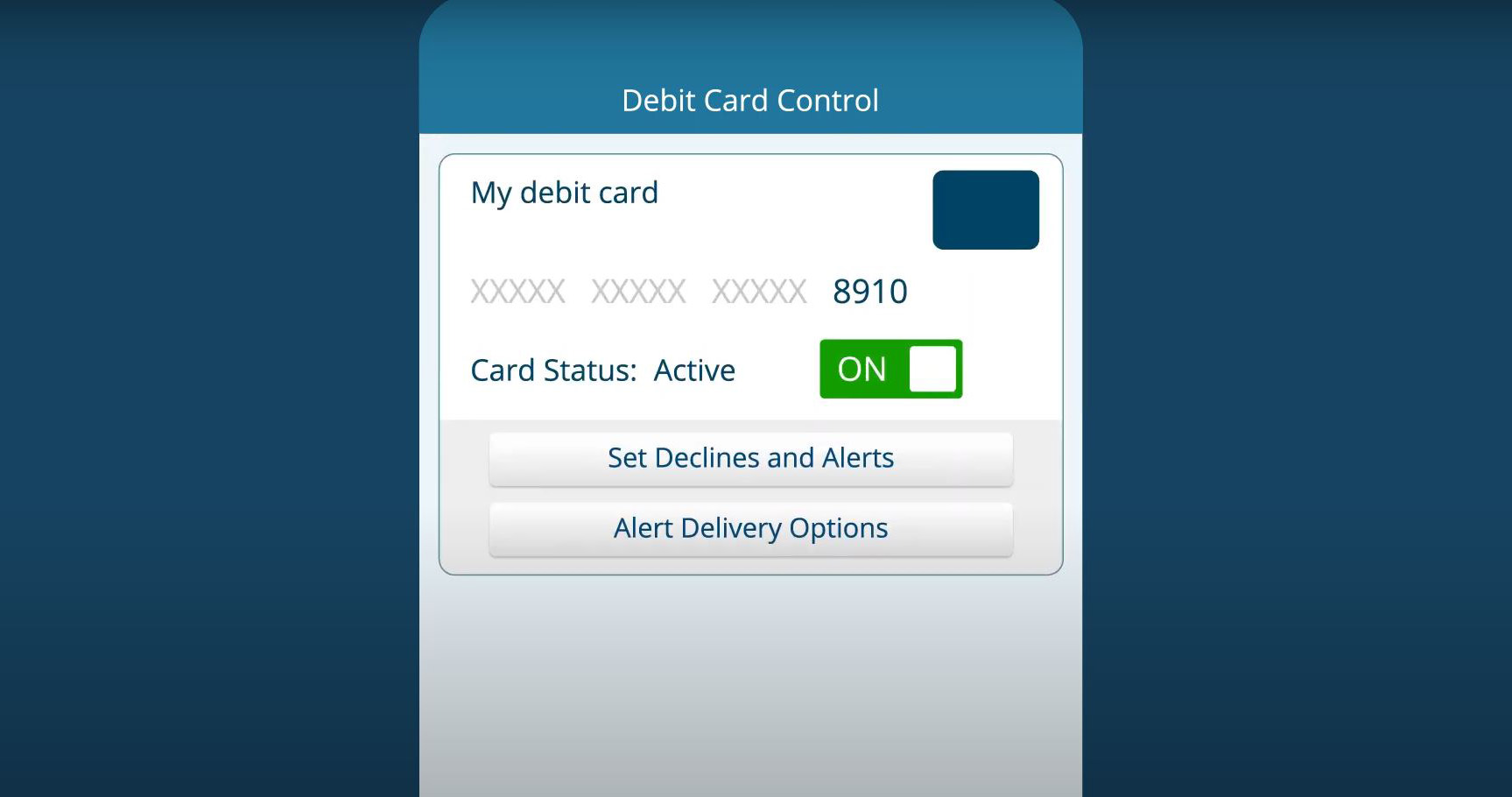
FDIC-Insured - Backed by the full faith and credit of the U.S. Government

FDIC-Insured - Backed by the full faith and credit of the U.S. Government
 VIEW ALL EDUCATION & INSIGHTS
VIEW ALL EDUCATION & INSIGHTS
August 10, 2020
Would You Rather Work from Home? Make Sure You Consider These Important Points:

Many small businesses start out in an extra room or in the basement of an entrepreneur’s home. The space is available, it is cheap and it is convenient. In addition, all the electronic devices for communication and working can make a physical office unnecessary. However, there certainly can be drawbacks.
Many people that start working at home find that within a year or so, an office is a physical and emotional necessity. Here are some issues to consider as you ponder your work environment.
Type of business. If your business is primarily a personal service business (consulting, phone sales, research, writing), working from home can be attractive. If however, you have clients or customers visiting you, you may want to consider the impression your home office may have. Having a meeting in your dining room with three or four prospects can get uncomfortable if there are distractions or the aroma of dinner wafting through the room. Certainly any type of retail business with many customers would dictate a convenient, physical presence with adequate parking.
Zoning restrictions. Many communities have ordinances that make it almost impossible to run some businesses from your home, especially if you have a neighbor that complains of increased traffic, frequent delivery vehicles or any signage you may install. In addition, you should determine what the affect would be on your homeowner’s insurance policy.
Physical space. Is there space at home that is conducive to your business? While computers and phones don’t take lots of space, you may need printers, fax machine, copy machine, file cabinets, a large desk and storage space. In addition, consider the actual space itself. The room in the basement may work, but do you really want to be “banished to the basement” for hours at a stretch?
Family reaction. You may love your family a great deal, but are you ready to spend all your time with them in a close environment? If you decide to go the home office route, you may want to establish some rules about interruptions. A closed door could mean “stay out” unless it is an emergency while a door slightly ajar could mean “come in only if it is important.” Some ground rules may prevent some hard feelings.
Financial issues. Having a home office will probably save money. You are already paying rent or mortgage payments and won’t incur the additional costs of renting space, moving, furnishings (maybe), commuting and parking. You may also get some tax benefits from a home office. The rules are a bit complex, but may be able to claim a depreciation deduction. Consult your tax advisor.
Some Suggestions
Be sure that a home office doesn’t isolate you from a healthy, vibrant business environment. Casual conversations with co-workers or others in a business setting are important. If you are planning to work from home, be sure to meet others for lunch or meetings. Don’t let your office environment isolate you from the rest of the world.
Plan for your technology needs early. Adding extra phone lines for your fax machine and a rollover line isn’t very expensive and will ensure that calls are not missed. Set up a voice mail system that will enable you to easily access messages when you are out. You may also want to consider a high-speed line for your Internet connection. Dealing with the phone company only once will save money and reduce your stress.
Consider the impression your business will make on prospects and customers. Your marketing materials (business cards, letterhead, envelopes and brochures) should look professional. You may want to spend some of the money you save with a home office on these materials. They will become your primarily way of making the impression you want.
Keep a professional and serious manner for your business. Tee shirts and sweat pants may be comfortable, but they may lead to a casualness that is perceived by your customers and prospects. Also, pay attention to how you sound on the phone. Background noises of children, the TV or a barking dog can distract you and the listener from the business at hand.








 Views
Views



 Go Back
Go Back











